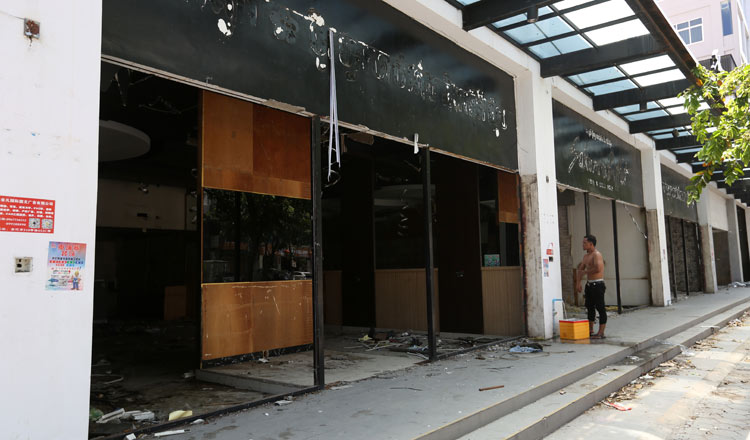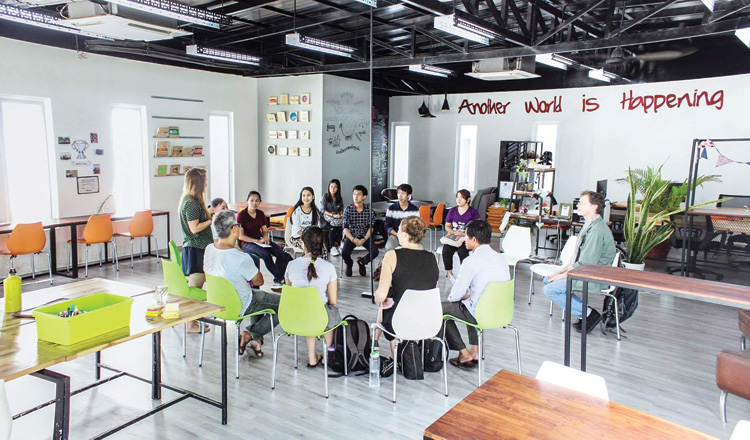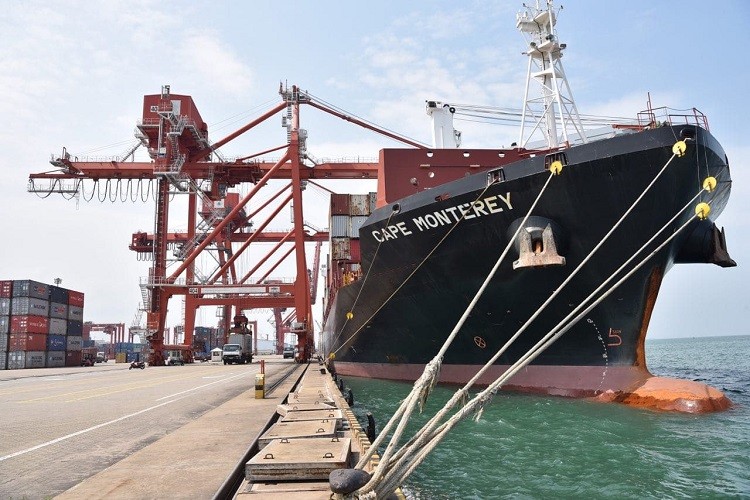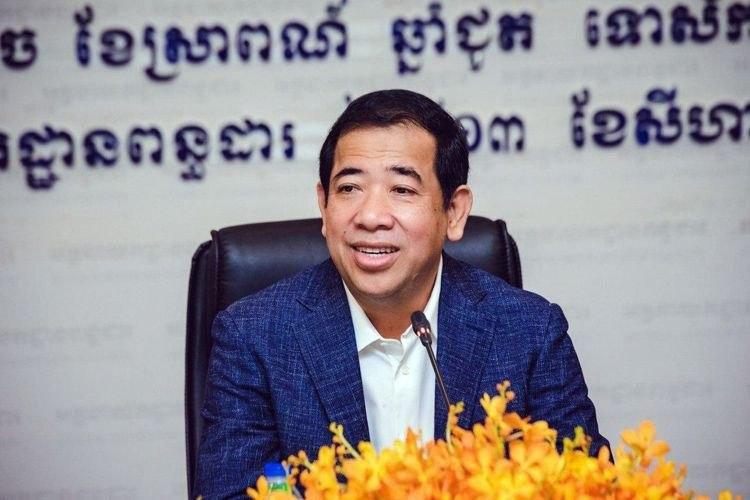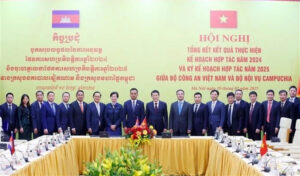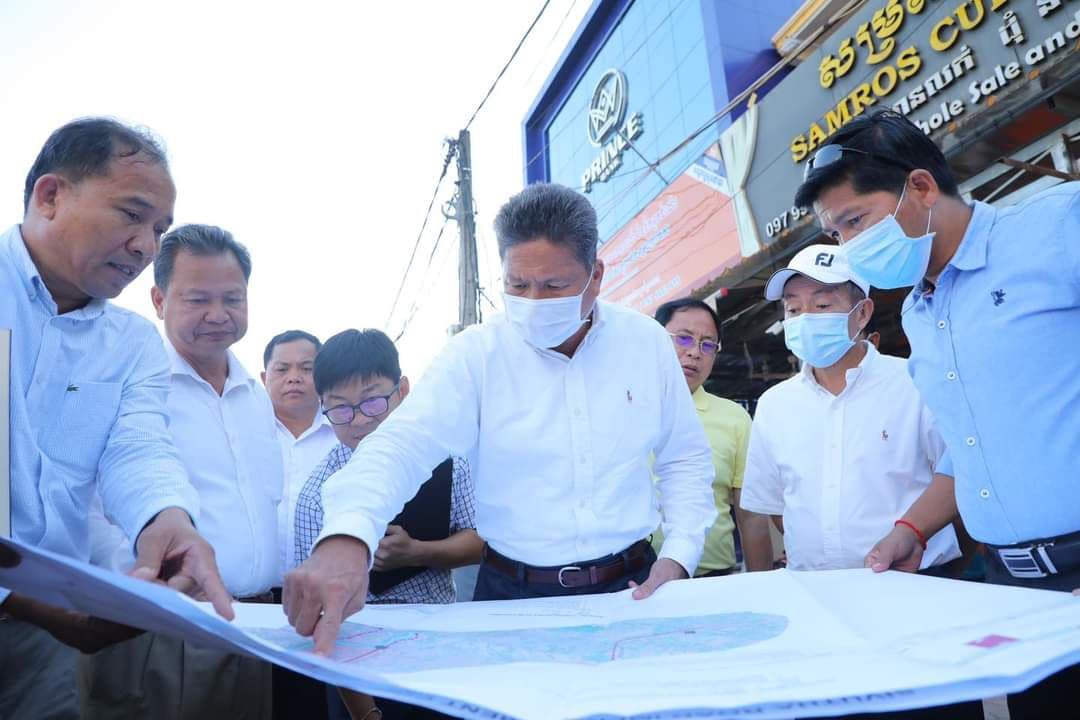Technology ‘is the vaccine’ to resume economic activity
As strict COVID-19 containment measures prove relatively effective in curbing the spread of new infections among Cambodia and its regional neighbours, governments are now looking at how digitalisation, big data and technology can reopen their economies before, or if, a global vaccine becomes available, says a leading non-government organisation.
This potentially provides a “road map” for Cambodian policymakers to follow, which will allow a balance between the need to keep the economy from collapsing and offsetting potentially devastating health consequences.
According to the International Monetary Fund (IMF) report, both China and South Korea stabilised new infections and “without a vaccine or effective treatment”. They have been able to leverage digitalisation, big data and technology to slowly recommence local trade and business.
“[The Chinese and South Korean governments] have been reopening their economies in a gradual, sequenced manner. [They have] prioritised essential sectors, specific industries, regions and population groups based on continuous risk assessments. While also leveraging digitalisation, big data and technology to support contact tracing,” the report said.
“Policymakers will be balancing the benefits of resuming economic activity against the potential cost of another increase in infection rates. They face difficult choices, in part, because the costs of erring in either direction could be very large,” it added.
While Cambodia has not implemented widespread contact tracing as of yet the Ministry of Health (MoH) in collaboration with other health organisations, has conducted “hotspot hunting”, a modified contact-tracing approach to focus on high-risk locations where there may be other cases.
Khmer Times has also previously reported on a local analytics firm, Big Mekong Data. A company that has developed SurePass, an ePassports-style validation service, that uses antibody testing and viral load tracking to understand who has already been infected by the virus and who has not, allowing employers to say with certainty their workplace is virus-free.
That said, even with the best technology and tracing applications available, local health officials are still concerned about the lack of public sentiment for subscribing to such programmes.
Speaking to Khmer Times on conditions of anonymity, local health officials said that contract tracing was being made difficult because of the lack of information forthcoming from the said COVID-19-positive patients and the attitude of some citizens.
They added that despite the government’s best efforts, a recalcitrant attitude, no care for their wellbeing and hygiene, which is quite widespread, the people simply thought they would not contract the virus.
In response to the economic fallout from the pandemic, Tao Zhang the IMF deputy managing director, has said the Asian economic outlook that the impact of the COVID-19 virus on the region will be severe and unprecedented.
“Indeed, we are forecasting that Asia’s economic growth will come to a standstill in 2020. This is worse than the global financial crisis when growth slowed to 4.7 percent. It is even worse than the Asian Financial Crisis when growth slowed to 1.3 percent,” she said.
“In fact, Asia has not experienced zero growth in the last 60 years,” she added.
Credited: Khmer Times

